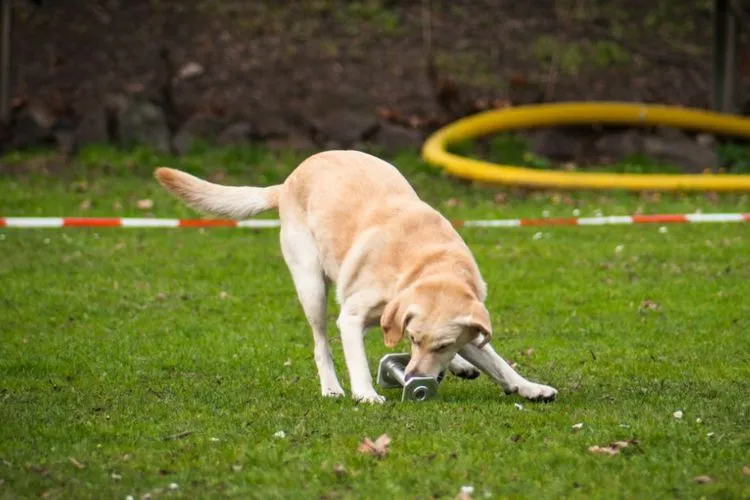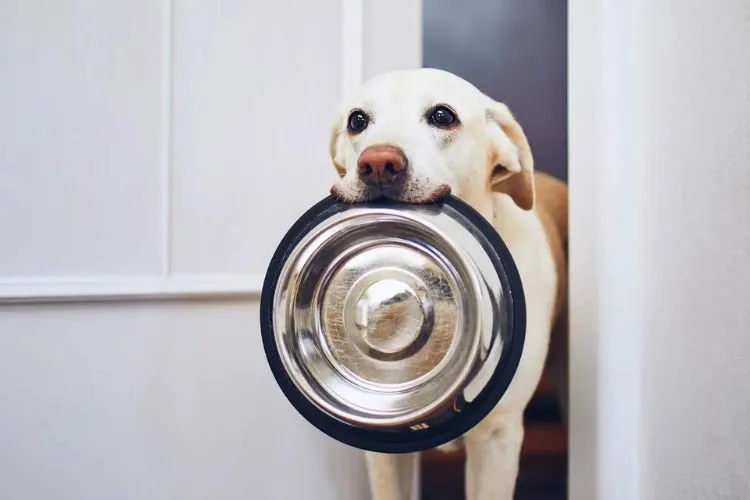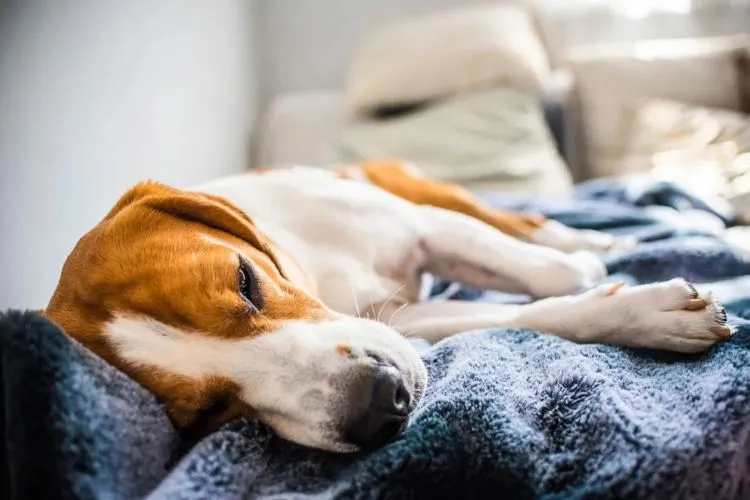Dogs are known for their peculiar habits, but one that often leaves pet owners puzzled is the tendency to lick metal objects. This behavior can be confusing and concerning, prompting many to question the underlying reasons. So, why does my dog lick metal?
This article delves into the various factors that might explain why dogs engage in this unusual activity, providing insights into animal behavior and health.

🐾 Why does my dog lick metal?
Your dog may lick metal due to a variety of reasons including the attraction to the metal’s cool temperature or unique taste, nutritional deficiencies (such as a lack of minerals), oral discomfort, or behavioral issues like boredom, anxiety, or stress.
Additionally, this behavior can sometimes indicate a condition known as pica, where the dog is compelled to eat non-food items. If the licking is frequent or obsessive, it’s advisable to consult a veterinarian to rule out any underlying health issues or nutritional deficiencies.
🐾 The Taste Factor: Exploring Sensory Attractions
One of the initial considerations in understanding why dogs lick metal is the sensory attraction to the taste or temperature of the metal surface.

Dogs have a keen sense of taste and smell, and they may find the tangy, metallic taste intriguing or comforting. Additionally, the cool temperature of metal can be appealing, especially during warmer months or for dogs with certain medical conditions.
Minerals and Nutrients
Dogs may also lick metal due to a deficiency in certain minerals or nutrients. Iron deficiency, for example, might lead a dog to seek out metal objects in an attempt to supplement their diet.
While this behavior does not effectively resolve the deficiency, it can be a sign that your dog’s diet needs evaluation.
Oral Health and Comfort
Oral discomfort, such as teething in puppies or dental issues in older dogs, can lead to licking behavior as a way to soothe pain or discomfort. Metal objects may provide a cool, hard surface that helps relieve some of the oral discomfort they are experiencing.
Psychological Aspects: Stress, Anxiety, and Boredom
Beyond the physical attractions, psychological factors can play a significant role in why a dog licks metal. Understanding these can help address the behavior effectively.
Stress and Anxiety
Dogs often resort to repetitive or obsessive behaviors, like licking metal, as a coping mechanism for stress or anxiety. Identifying and addressing the source of stress can help reduce or eliminate this behavior.
Boredom and Lack of Stimulation
Boredom or a lack of adequate mental and physical stimulation can lead dogs to engage in unusual behaviors, including licking metal objects. Ensuring your dog has enough exercise, playtime, and interaction can help mitigate this issue.
🐾 Health Concerns: When to Worry
While occasional licking may not be a cause for concern, persistent or obsessive licking can indicate underlying health issues.

Pica: The Ingestion of Non-Food Items
Pica is a condition characterized by the ingestion of non-food items, which can include metal. If your dog is not only licking but also attempting to eat metal objects, this could signify a more serious health issue that requires veterinary attention.
Signs of a More Serious Problem
Excessive licking, especially if accompanied by other symptoms such as vomiting, diarrhea, or lethargy, should prompt a visit to the vet. These could be signs of poisoning, especially if the metal object contains harmful substances, or indicative of other health problems.
🐾 Preventive Measures and Solutions
Understanding why your dog is licking metal is the first step in addressing the behavior. Here are some strategies to prevent and resolve the issue:

Diet Evaluation and Adjustment
Ensure your dog’s diet is balanced and meets all their nutritional needs. Consult with a veterinarian to determine if there are any deficiencies or if a diet change is necessary.
Oral Health Care
Regular dental check-ups and proper oral hygiene can alleviate discomfort and reduce the likelihood of metal licking due to oral health issues.
Environmental Enrichment
Provide plenty of opportunities for physical exercise and mental stimulation to prevent boredom and reduce stress-induced behaviors.
Professional Help
If the behavior persists or is accompanied by other concerning symptoms, seek professional advice from a veterinarian or an animal behaviorist.
You may also find useful: Why Is My Dog Panting?
🐾 Frequently Asked Questions (FAQs)
Occasional licking may not be harmful, but persistent licking or ingestion of metal objects can be dangerous and requires veterinary attention.
Yes, it can be a sign of mineral or nutrient deficiencies. A veterinary check-up can help determine if this is the case.
Addressing the underlying cause, whether it’s dietary, psychological, or health-related, is key. Provide adequate nutrition, mental and physical stimulation, and seek professional advice if needed.
Conclusion:
Understanding your dog’s behavior is crucial in ensuring their well-being. If your dog exhibits a persistent habit of licking metal, consider the factors outlined in this article and consult with a veterinarian to rule out any underlying health issues.
By addressing the root cause, you can help curb this unusual behavior and keep your furry friend happy and healthy.
